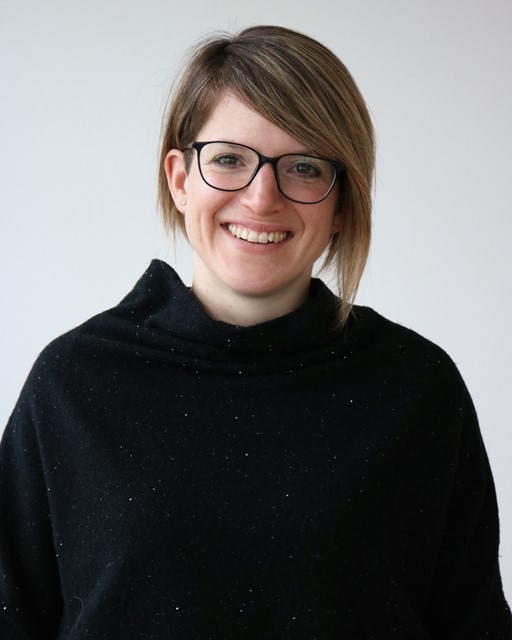
2022 Charleston Conference
We are pleased to announce that both of our submissions have been accepted for presentation at the Charleston Library Conference, and that we'll be partaking in the session "Charleston Premiers".
Read more about all three sessions.
Navigating open access usage data for journals and books: a discussion of use cases, challenges and opportunities.
Time, date, and location:
8:30am - 9:10am, Thursday, November 3, 2022.
Francis Marion Carolina Ballroom.
Moderator:
- Romy Beard, Head of Publisher Relations, ChronosHub
Speakers:
- Christina Drummond, Executive Director - OA Book Usage Data Trust, University of North Texas
- Matthew Goddard, Head of Access & Acquisitions Dept, Iowa State University
- Andrea Lopez, Director of Sales, Partnerships & Initiatives, Annual Reviews
- Tasha Mellins-Cohen, Project Director, COUNTER
Session overview:
In this concurrent session, panellists will discuss the challenges of retrieving open access usage data for journals and e-books. We’ll look at the use case of a publisher and a library on how they currently make use of open access usage data, and we’ll talk about standards and requirements for data exchange, and the differences between open access usage for e-books and journals.
For years, libraries have been evaluating their paywalled subscriptions by collecting usage data provided by publishers. When it comes to open access content, getting their hands on usage data is a little more difficult. On the one hand, not all usage originates from within the institution’s network – is it therefore better to look at global usage data, and not just usage associated with a specific institution? On the other hand, various versions of the same document exist and could be hosted in multiple locations. How can usage from different locations be combined? What is the OA Book Usage Data Trust, and do we need something similar for journals?
In addition, there are challenges around the granularity of the metrics provided, and if they are compliant with COUNTER standards or not. And since the content is openly available, does this mean the analytics of how the content is used should be openly available? And do they need to be governed by rules that clarify expectations of how usage data can be shared, processed and reused?
Join us for a discussion involving different stakeholders in the scholarly communications community.
Charleston Premiers
Time, date and location:
5:15 PM EDT
November 3, 2022
Gaillard Center Grand Ballroom
Five Minute Previews of the New and Noteworthy.
These sessions are designed to offer publishers and vendors the chance to showcase their newest and most innovative products, platforms, and/or content. Speakers will be organized in a lightning round format with 5-minute presentations, back-to-back. Audience members will vote on several "Best of" categories and awards will be given to the winners.
Moderated by Darrell Gunter, Gunter Media Group
Participating Companies:
- BioOne
- ChronosHub
- EBSCO Information Services
- Helper Systems
- Platino Educa
- Reviewer Credits
- scite
Watch our Premier Pitch
The Read & Publish User Journey: Delivering a Unified Reader & Author Experience
Time, date, and location:
8:30am - 9:10am, Friday, November 4, 2022.
Francis Marion Gold Ballroom.
Moderator:
- Romy Beard, Head of Publisher Relations, ChronosHub
Speakers:
- Tim Lloyd, Founder/CEO, LibLynx
- Ralph Youngen, Senior Director, Digital Strategy and Business Integration, American Chemical Society
- Keith Webster, Helen and Henry Posner Jr Dean of University Libraries, Carnegie Mellon University
Session overview:
Institutions and publishers have been signing Read & Publish agreements for some time now, intending to combine the cost of reading and the cost of publishing under one agreement. However, the user experience for both is still treated as two separate journeys. Traditionally, readers access a publisher’s paywalled content through their university’s IP range or by logging into their university’s intranet. On the other hand, authors submitting to a publisher’s journals must create a login on the publisher’s submission system. This presents real challenges for publishers trying to deliver a unified experience across the research lifecycle – their understanding of user needs is broken up across internal systems with no easy way to build a more complete picture. Users on the other hand face additional friction and effort when interacting with that publisher’s systems.
In this concurrent session, we will discuss what a more unified, ‘Read & Publish’ user experience could look like by allowing authors to use the same login with a publisher to read their paywalled content and publish in a publisher’s journals. The session will include the presentation of an example of such a unified author experience and how publishers can provide better support to their users. It will also include a discussion of possible challenges as well as any implications for publishers and libraries.

